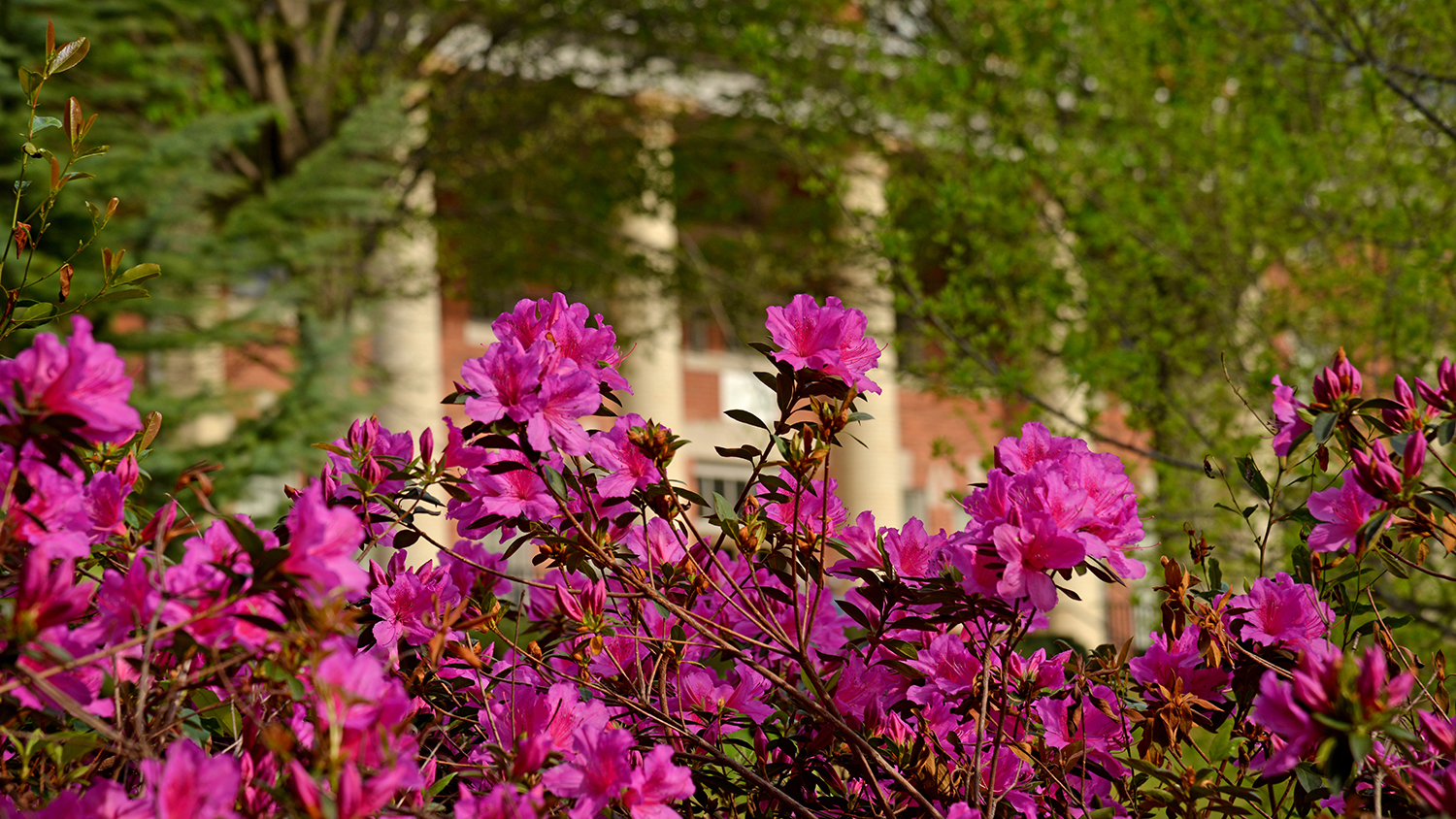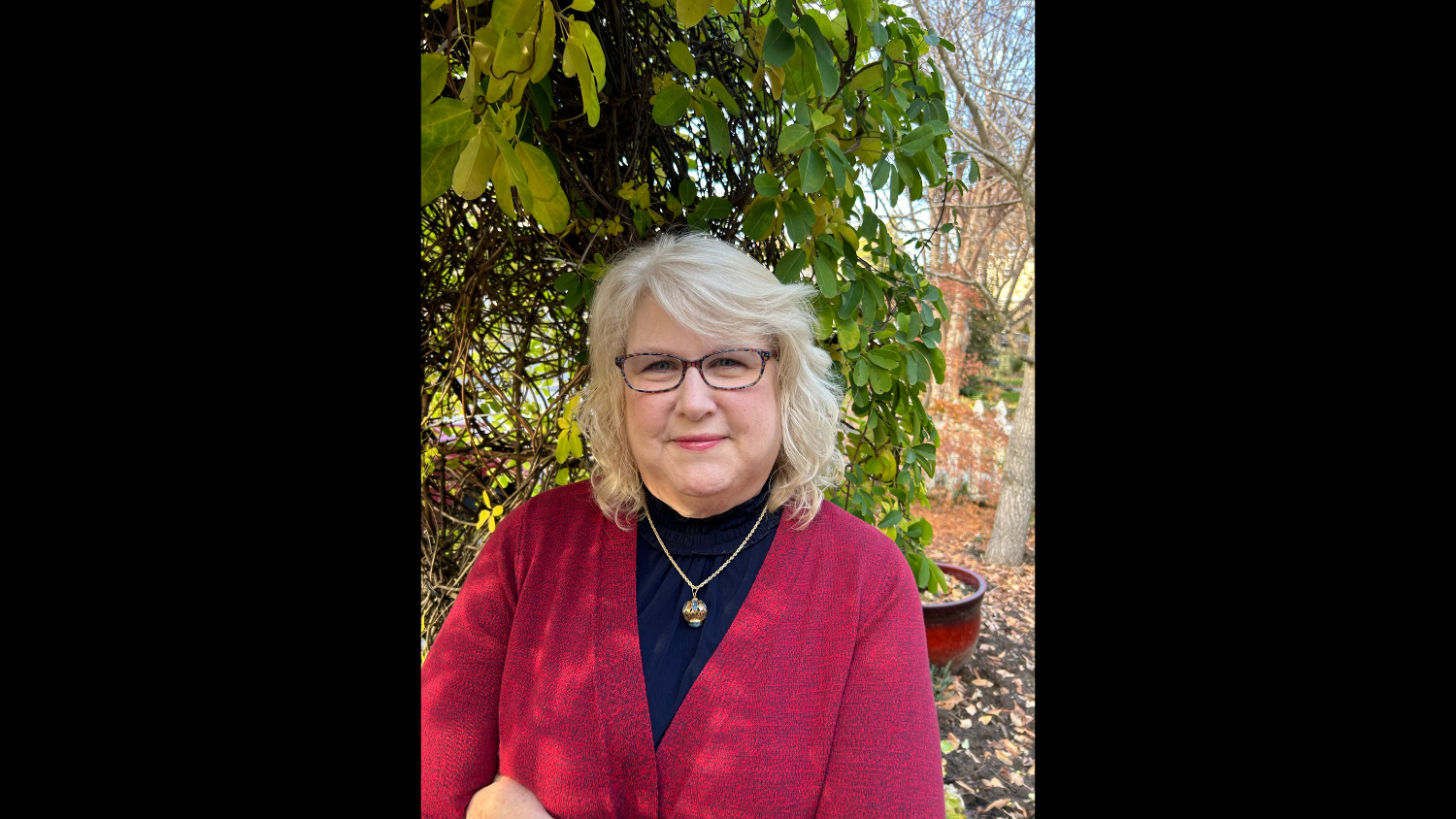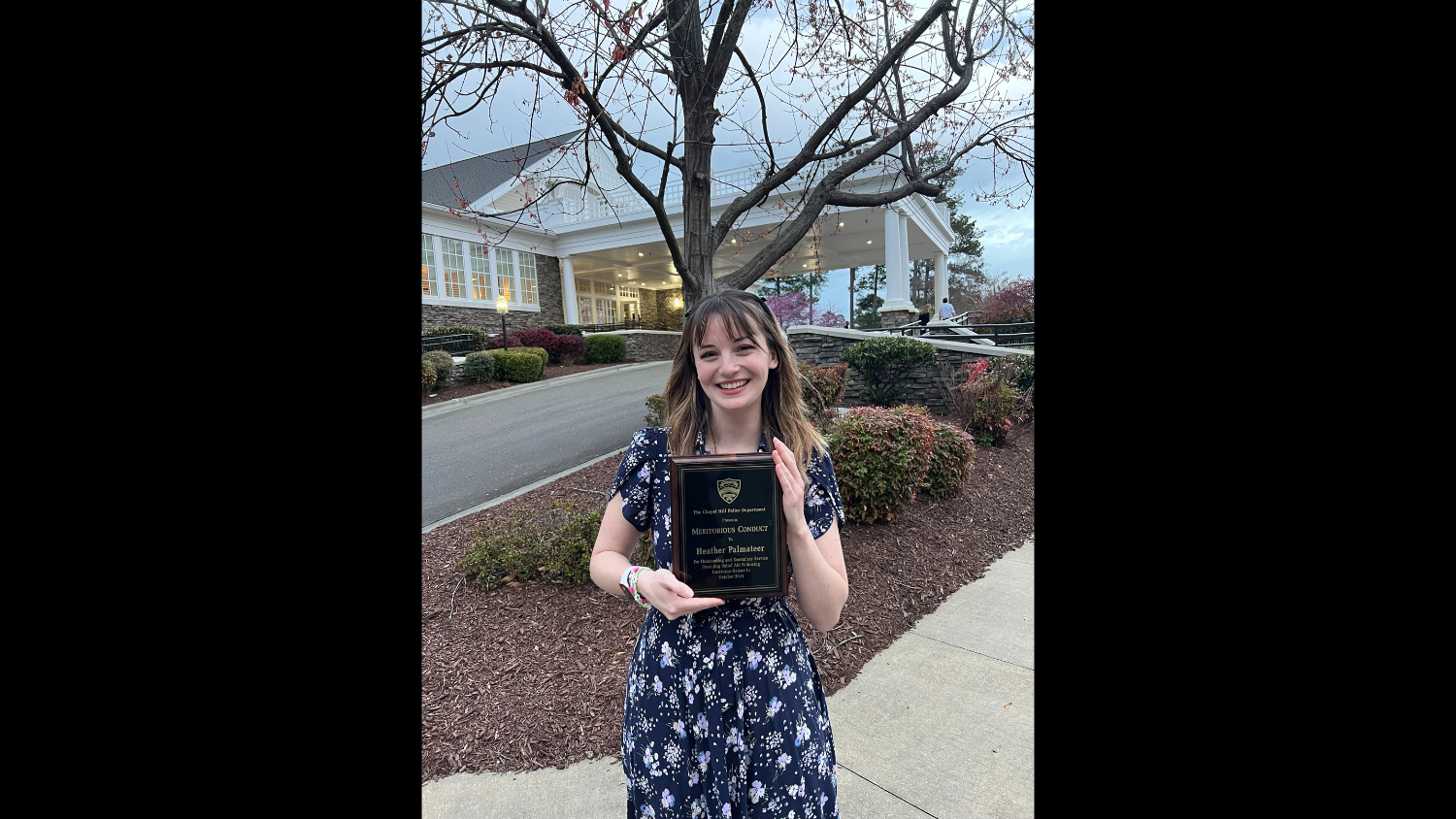Vanessa Kamashara on Working for World Relief
Vanessa Kamashara is a senior in social work whose experiences guided her passion for working with the World Relief organization. We found out more about this busy student in our interview.
What is your involvement on campus?
I am a member of the University Honors Program (UHP), Pre-Law Student Association, W.E.B DuBois Honor Society, Phi Alpha Honor Society and an AYA ambassador. In my free time, I love to volunteer. In the past, I have been so grateful to participate in two ASB (Alternative Service Break) trips. On one trip, we worked with the homeless population in Washington, D.C. and on the other trip, we taught English to children in the Dominican Republic.
What do you do with AYA Ambassadors and the African American Cultural Center?
I am on the social media committee. I am in charge of our weekly “Sankofa Sunday” post.
What is World Relief and what do you do there?
World Relief is a faith-based agency that works with local churches to help refugees who are resettled to the United States replant their lives in a new culture. They also work with survivors of human trafficking.
As an intern in the resettlement department, I get to see and assist clients on a daily basis. I help with some of the initial services for arriving clients such as applying for food stamps and Medicaid. After clients have been here for 10 days, I take them to apply for their social security. I am responsible for enrolling the adults in English as a second language (ESL) classes. I also take clients to establish primary care, apply for Work First Cash Assistance and Social Security Disability.
What drove you to do this work?
Five years ago, my family was resettled to the United States through World Relief. Working with vulnerable individuals, especially refugees has always been my dream since my family was forced to flee my country 10 years ago.
What impact has the recent executive action by the President had on our community?
Even though the courts halted the executive order early this month, the number of refugees being resettled in the United States was reduced. The executive order revised the refugee ceiling for fiscal year 2017 from 110,000 to 50,000. As of January 2017, approximately 32,000 refugees have already entered the United States, meaning there are about 18,000 left to be admitted until the end of September. Resettlement agencies get most of their funding from the federal government. Less refugees coming in means no funding. Our office laid off five of our staff. In the entire country, World Relief laid off more than 140 staff and closed five local offices due to the reduction of refugee resettlements.
What do you think will happen next? What can students do to help make a difference?
I think there is a lot that students can do. I have realized that most people I meet do not know much about the U.S. Refugee Resettlement Program. Refugees are often grouped together with other immigrants. We can start by educating ourselves on the resettlement process; advocate and volunteer at local refugee resettlement agencies. No one can do everything, but if we all work together, we can accomplish a lot. We can all be a part of the solution!
How do you balance school (prior to finishing your courseload), your internship, personal life, etc.?
I try to create a flexible schedule. My internship and my UHP Capstone Project take up most of my time but on the weekends, I try to make time for my family and myself.
Austin Butler is a communications intern in the Office for Institutional Equity and Diversity.
- Categories:


